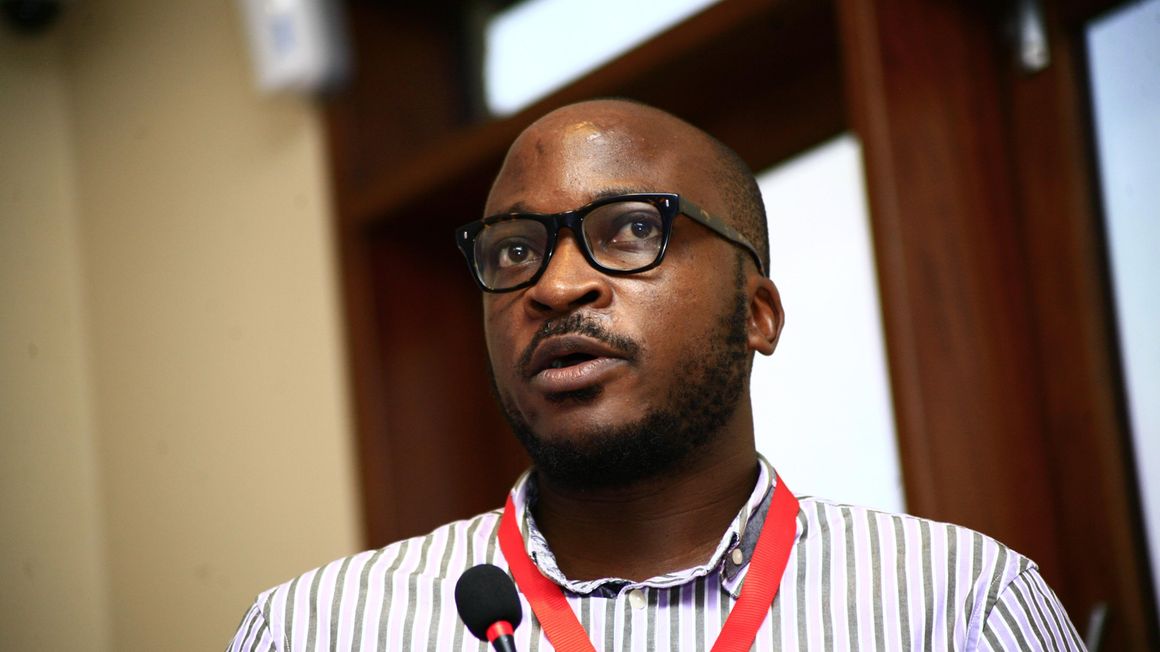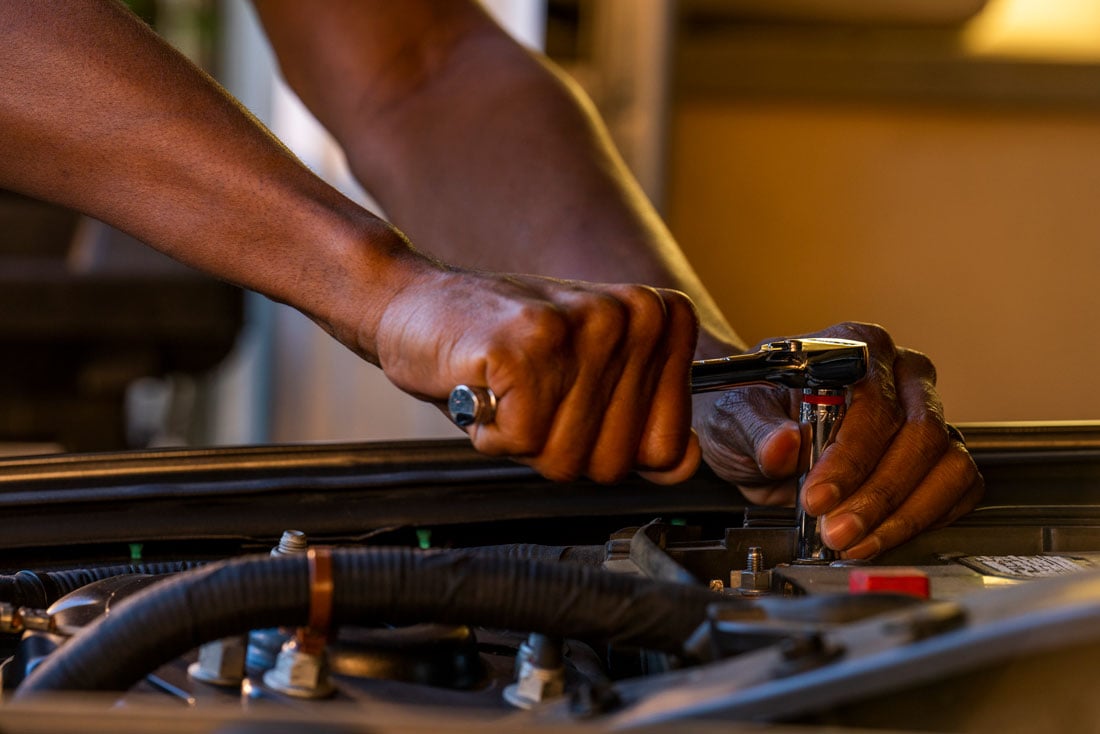To win in Congo, send cargo trucks across the border, not battle tanks

General Manager Editorial at Nation Media Group- Uganda Mr Daniel Kalinaki, said the Media Council lacks quorum as it is not fully constituted. PHOTO/FILE.
What you need to know:
Daniel Kalinaki: The current uproar over plans by the Ugandan government to build roads into DR Congo are, therefore, misplaced.
In 1997, a representative of American Mineral Fields, a US–Canadian mining firm, turned up in the eastern jungles of Zaire where rebels backed by Uganda and Rwanda had launched a war to remove Mobutu Sese Seko.
Col Willy Mallants, a Belgian army officer who had retired into freelancing, introduced the firm’s representative to rebel leader Laurent Kabila.
The firm’s executive said although they had been working with Mobutu, then still putting up resistance in Kinshasa, they were now sure they were backing the wrong horse and wanted to switch allegiances.
“We are businesspeople, not politicians,” he said. “We just need to know what the rules are, and it looks like President Kabila is going to be making the rules.”
We didn’t see it then, but the war was, to a notable extent, a scramble for Congo procured by regional armed groups in the post-colony, with the direct and tacit support from, and for the primary benefit of the metropolis.
AMF was to soon-to-be-President Kabila what Tiny Rowland had been to soon-to-be-President Museveni in 1985, putting its corporate jet at the rebel leader’s disposal to fly around and drum-up diplomatic support for the takeover that would then unlock commercial benefits to the backers.
It wasn’t the only one: The queue of fortune hunters and buccaneers waiting to cash in on the developments in the country stretched long down the Congo River and continues to this day.
One can’t swing a cat in Congo’s mineral-rich jungles without hitting a tree, an Israeli, American, Canadian, British or South African firm or adventurer.
The current uproar over plans by the Ugandan government to build roads into DR Congo are, therefore, misplaced.
The question to ask is not why we are building roads in Congo when many parts of Uganda have poor or no roads, but why it took us a quarter of a century to do so.
Time and careful observation have allowed for the emergence of an interesting picture that reveals the method in what otherwise appeared to be mere military adventurism across the Great Lakes region.
While some of the wars had some normative justifications, such as defeating the rump of the ancien regime that had coalesced into fighting groups in northern Uganda, or to create a bulwark against religious extremism creeping down the Nile, they also served very practical purposes of opening up these countries to international (and mostly Western) capital.
The moralists might take exception to young men and women from the region shedding blood for diamonds, but realists would be disappointed that there was very little residual value to ordinary people of both countries.
A road would not increase local content in Congo’s mining industry per se, but having its exports go through formal regular border crossings, instead of being smuggled as currently happens, will bring more transparency.
Building a road across borders might facilitate faster exploitation of mines and wild forests or merely open up the interior to cheap foreign manufactures, but it also allows small traders on both sides of the border to move across quickly and more safely, and for lower costs of doing business.
Congolese traders roam as far as Lake Turkana looking for dried fish and deep into Uganda for eggs, wheat and other basics. This grassroots trade is likely to benefit ordinary folks more than the taxes paid by big mining firms, which tend to disappear at the centre.
This column has long railed against the lack of an economic imperative in Uganda’s primarily military foreign policy, be it in Rwanda in the early 1990s, Congo in the late 1990s or Somalia more recently.
Even in South Sudan where Ugandan troops, for better or worse, propped up the Salva Kiir regime, the choice meats from the economic surplus mostly went elsewhere.
Military adventurism as an end in itself, or as an advance guard for foreign capital dressed up in pan-African garb only provides short-term and reversible benefits.
Coupled with local and regional capital, however, and tied down with the kind of ‘neutral’ infrastructure that brings benefits to all, it can bring longer-term rewards, including peace and stability.
Our foreign ‘allies’ follow our soldiers with businessmen and investors, not more soldiers. We pay the price and they take the value. It is rather obvious; if we want peace with our neighbours, we should send goods trailers across the borders, not tanks.
Mr Kalinaki is a journalist and poor man’s freedom fighter.
[email protected] @Kalinaki




